Research
Published 7 October 2024Ada Lovelace Day 2024 Special Feature: Applying mathematics to wildlife management and conservation biology
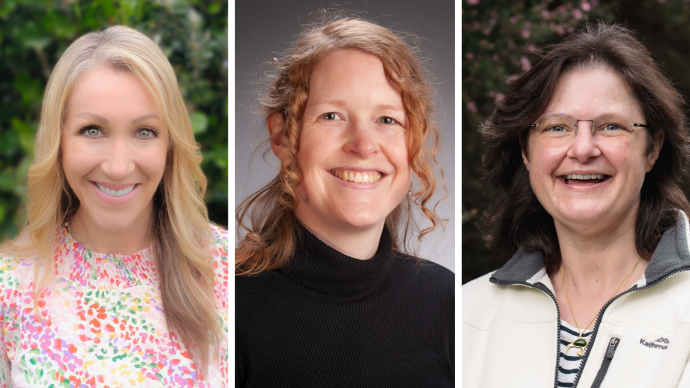
Ada Lovelace Day honours the legacy of mathematician and computer science pioneer Ada Lovelace by highlighting talented wāhine researchers in STEM.
For Ada Lovelace Day 2024 (Rātū 8 Whiringa-ā-nuku Tuesday 8 October), we feature three recent Marsden Fund awardees who are applying their skills in mathematics to thorny problems in wildlife management and conservation biology. These three talented wāhine show just what can be accomplished by combining a love for numbers with a love for animals. With any luck, their skills in data science and mathematical modelling will contribute to a brighter future for some of our most vulnerable species.
Finally, we include a brief reflection on the significance of Ada Lovelace Day from computer scientist and Chair of the Marsden Fund Council, Professor Gill Dobbie.
Dr Elizabeth Parlato
Marsden Fund Fast-Start (MAU2203) “Gene flow to the rescue? An analytical framework for estimating impacts of genetic augmentation on wildlife population dynamics”

Dr Elizabeth Parlato (photo supplied)
Dr Elizabeth Parlato is a Research Officer in Zoology and Ecology in the School of Food Technology and Natural Sciences at Te Kunenga Ki Pūrehuroa Massey University, and a Senior Ecologist at The Catalyst Group. A key focus of her research is improving methods for estimating and predicting the dynamics of threatened wildlife populations. She received a Marsden Fund Fast-Start in 2022 to develop population modelling methods to predict the outcomes of “genetic rescue” attempts.
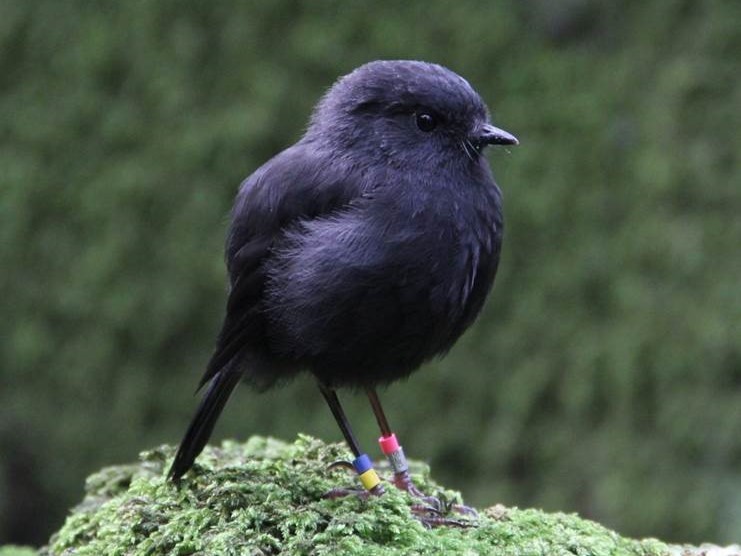
Karure | kakaruia | Chatham Island black robin (Petroica traversi) (photo credit: Kevin Parker)
Many threatened animal populations lack genetic diversity, which can reduce survival and reproduction. “Genetic rescue” involves introducing new, genetically distinct individuals into at-risk populations to promote population growth by improving survival and reproduction rates. In her Marsden Fund Fast-Start, Dr Parlato is extending cutting-edge population modelling methods to analyse new and existing data for several genetic rescue attempts in Aotearoa New Zealand (species include hihi, kōkako and karure | kakaruia | black robin). By assessing the effects of these interventions on survival, reproduction and population growth, her work will identify the factors that influence the success of genetic rescue attempts, and by extension when genetic rescue is likely to be an effective conservation strategy.
Dr Louise McMillan
Marsden Fund Fast-Start (VUW2311) “Unsupervised clustering of complex mixed-type data via a genetic case study”
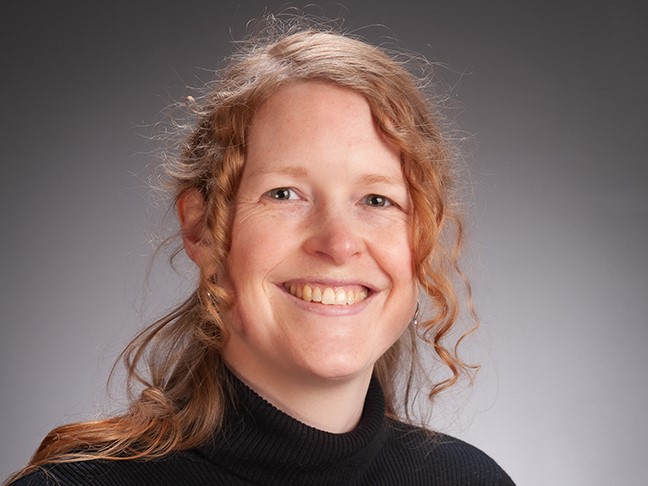
Dr Louise McMillan (photo supplied)
Dr Louise McMillan is a Lecturer in Computational Mathematics and Statistics at Te Herenga Waka Victoria University of Wellington, with a background in statistical ecology and population genetics. She received a Marsden Fast-Start in 2023 to develop new clustering methods for large datasets that contain different kinds of categorical variables.
How might this benefit conservation? Determining why a species is declining and how it might be best protected requires detection of long-term movement patterns among different locations. This involves integrating many different kinds of data, from gene sequences to descriptions of prey abundance and behavioural observations. Currently, these data sets must be analysed separately using different software programmes; researchers must then compile results manually in order to look for overarching patterns.
Dr McMillan will develop two new clustering methods for mixed-type data and implement them in user-friendly software packages, allowing researchers to feed multiple data types into a single analysis. She will test the effectiveness of these new methods using mixed datasets from southern right and humpback whales as case studies. This work will enhance our understanding of two endangered species of global interest, and lay the groundwork for other integrative analyses in conservation biology, medicine, marketing and beyond.
Professor Rachel Fewster
Marsden Fund Standard (UOA2321) “Fast statistical methods for enigmatic sensor data”
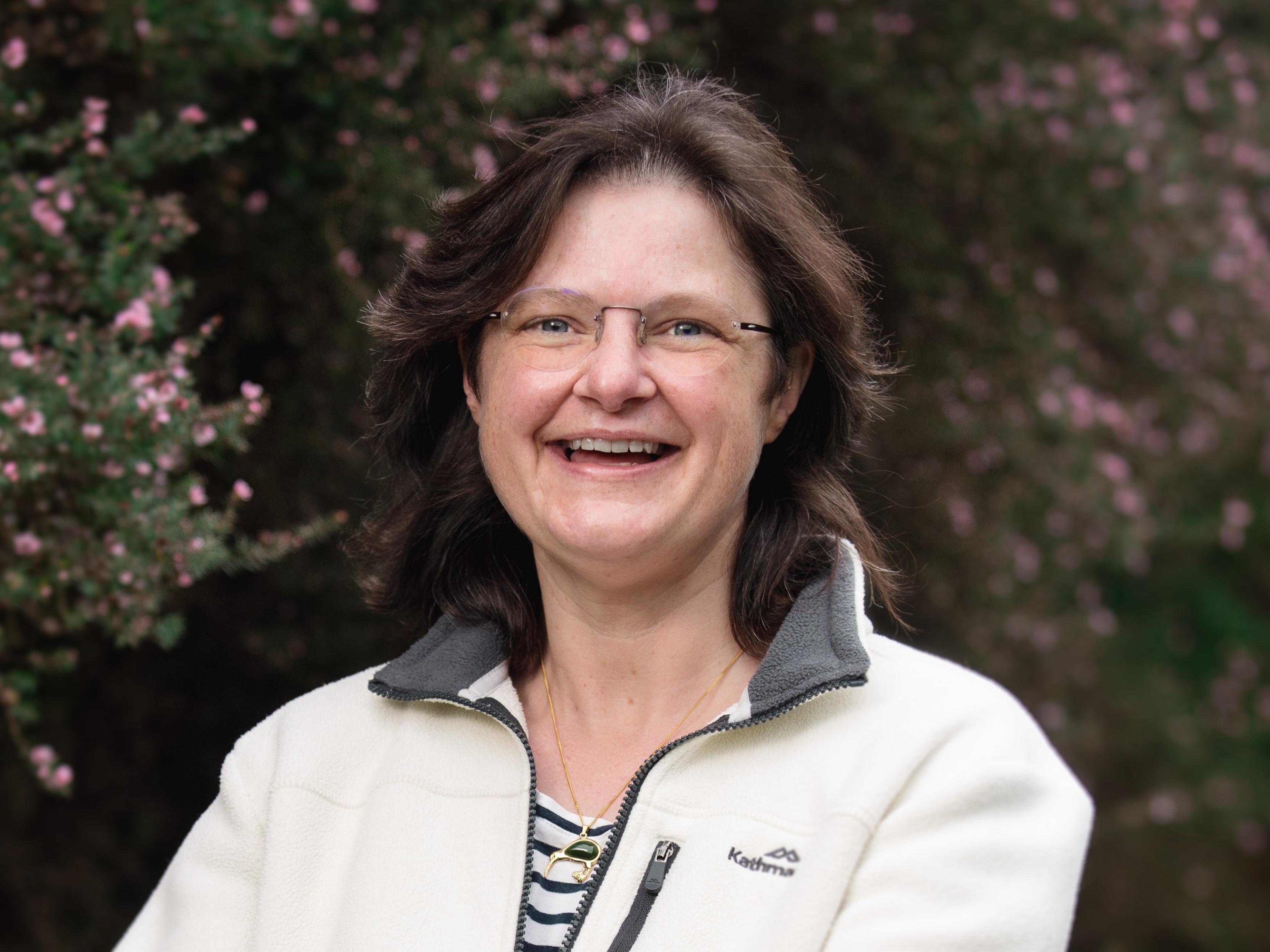
Professor Rachel Fewster (photo credit: Billy Wong)
Professor Rachel Fewster is a statistical ecologist working in the Department of Statistics at Waipapa Taumata Rau The University of Auckland. She was the 2018 recipient of the New Zealand Statistical Association’s prestigious Campbell Award (recognising whole-career contributions to statistics) as well as a recipient of several Marsden Fund awards over the last two decades. She specialises in developing novel statistical methods to address problems in ecology, conservation, and animal behaviour. In her most recent Marsden Fund Standard grant, awarded in 2023, she aims to develop models that can estimate animal population size from sensor data.
Accurate estimates of the abundance and distribution of animals in at-risk populations are key for effective conservation. These estimates are often based on data collected using sensors such as visual cameras, motion detectors, acoustic recorders, or thermal sensors. A major challenge in interpreting this kind of data is that sensors don’t distinguish between different animals, so there might be multiple detections of some individuals and no detections of others. Analysing patterns of detection bursts over space and time allows us to estimate the behaviour of individual animals, and consequently to infer how the observed detections relate to the population size.
Professor Fewster and her team are developing models and software to unlock the value from these cryptic sensor data-streams. While these models will have particular value for conservation and biosecurity applications, they also have wide potential for use in other subject areas, as diverse as traffic management, contaminant detection, and astronomy.
Professor Gill Dobbie
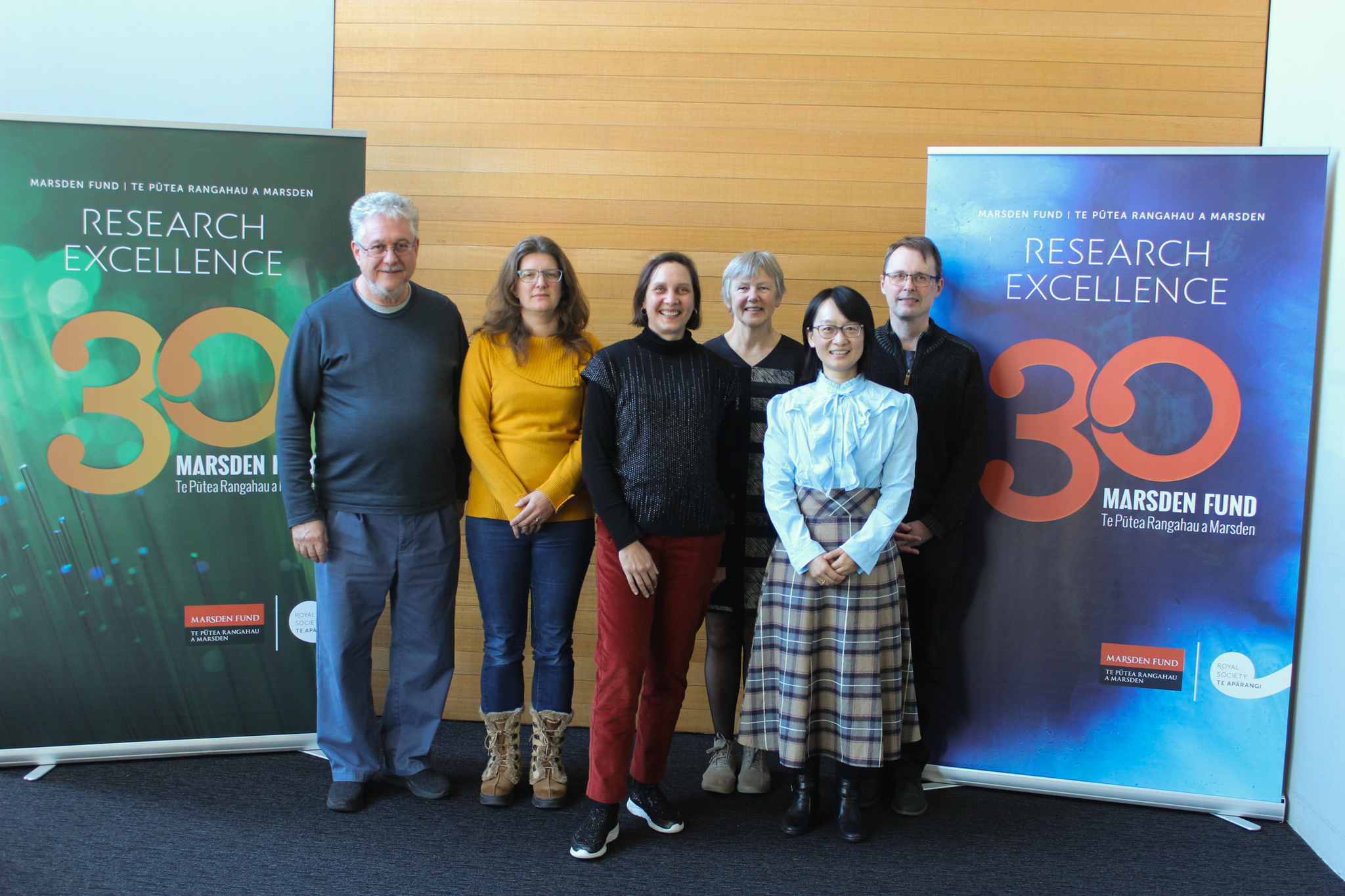
Professor Dobbie, Chair of the Marsden Fund Council, with panellists from the Marsden’s Mathematical and Information Sciences (MIS) panel
Professor Gill Dobbie has been the Chair of the Marsden Fund Council since 2022 and is a computer scientist at Waupapa Taumata Rau The University of Auckland.
Professor Dobbie says that historically, women like Ada Lovelace laid the foundation for future generations of women in areas like mathematics, statistics, and computer science.
“Today more women are entering the mathematical sciences and their work is critical in fields like conservation, climate science, and beyond. Ada Lovelace Day reminds us of the progress made and the importance of continuing to support the next generation of women in STEM.”
